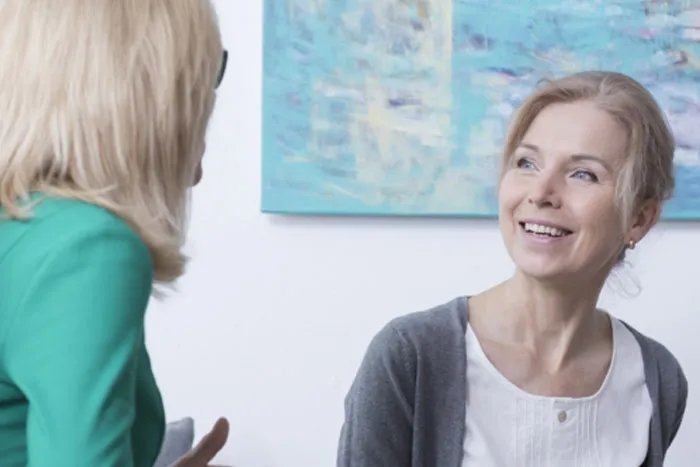Relaxation training
What is relaxation training in general?
Relaxation is a skill. It is not a default mode within which we find ourselves when we are not actively engaged in something. It can be felt if one is aware of how to measure degrees of relaxation. Objectively, the effects of relaxation can be measured by observing the state of our brain waves or the state of physiological variables with biofeedback. Mindfulness greatly facilitates one’s journey into the land of relaxation. Skill in relaxation allows us to have better control over our brainwave activity and the control of our Autonomic Nervous System. This allows us to pick the ideal state from which to operate. Productivity guru David Allen has been quoted to say that “your ability to generate power is directly proportional to your ability to relax.” Similarly, brain activity and physiology can be regulated through relaxation practices to reduce symptoms and improve performance. There are protocols to train efficient and effective relaxation that have been developed over decades. We employ these protocols in training patients.
Do you always have to be relaxed?
When you go to the gym to improve fitness, you do not always have to be working out around the clock. Working out regularly has many benefits in many aspects of your life. Like that, relaxation can be seeing as part of your training regimen. In fact, competitive athletes have relaxation training as a significant part of their training regimen. However, they are not always engaged in the same state of relaxation; it is under their control. Relaxation training will allow you to gain better intimacy over how to control your physiology, and in turn, your health and performance.
What are the health benefits to relaxation training?
Observation from research studies have shown benefit to relaxation practices in the following conditions:
- Headaches
- Blood Pressure
- Insomnia
- Stress management
- Pain
- Anxiety
- Depression
- Lower back pain
- Arthritis
- Fibromyalgia
- Irritable Bowel Syndrome
- Menopausal Symptoms
- Temporomandibular disorder (TMD)
- Labour and childbirth
However, as relaxation strengthens your control over your central and peripheral nervous system, the benefits of relaxation will be more pervasive.
What is the difference between relaxation training and just doing something relaxing?
Relaxation training involves systematically training your ability to relax using many well developed protocols. Generally there are six family groups of relaxation and one will start out by training in one of those. These protocols start out with fundamental practices and then progress them systematically so that patients can access deeper levels of relaxation. Like this, patients stretch their “range” of relaxation. In training one’s brain and physiology in this way, patients become more aware of degrees of relaxation and how to access different relaxation states more efficiently and intentionally. Incorporating biofeedback equipment in the practice heightens one’s awareness of this.
Doing something relaxing like going for a walk or taking a warm bath works within your current repertoire of relaxation. That is, it helps you feel better. However, it generally doesn’t allow one to train deeper states of relaxation and become more skilled in accessing favourable physiological states in any given context like relaxation training would.
What are the types of relaxation training available?
- Progressive Muscle Relaxation
- Autogenic Training
- Breathing Exercises
- Imagery and Positive Self-Statements
- Meditation and Mindfulness
- Stretching Exercises
Do I have to pick one "style" of relaxation?
Not at all. Usually starting with one stream of relaxation is easiest because it allows you to learn a lot about the culture of relaxation and how to regulate your physiology. These lessons will typically generalize to other forms of relaxation training. Ultimately, the goal is not to master all the styles of relaxation; it’s to learn how to optimize your physiology. Generally, once people learn a style of relaxation, they set out to learn more types and then combine them into a unique relaxation practice that best serves them. For example, Hatha Yoga if often a mixture of stretching, breathing and mindfulness.
Who is a good candidate for relaxation training?
Everyone can benefit from relaxation training. Our opinion is that it should even be taught in schools. Even in those that don’t have health issues, it has been shown to be helpful even in winning gold medals at the Olympic games! So, practically speaking, the best candidates are those who are interested in learning life skills that will enable them to better to regulate their central nervous system and Autonomic Nervous System. Even if someone is not doing it to improve their health, or improve their performance, relaxation is a cornerstone of self-care and so needs no specific reason other than that.
Relevant OHIP-funded Group Counselling
Relaxation assessment/training offered in...

Medical Assessment
OHIP-funded medical assessments for behavioural & lifestyle interventions





